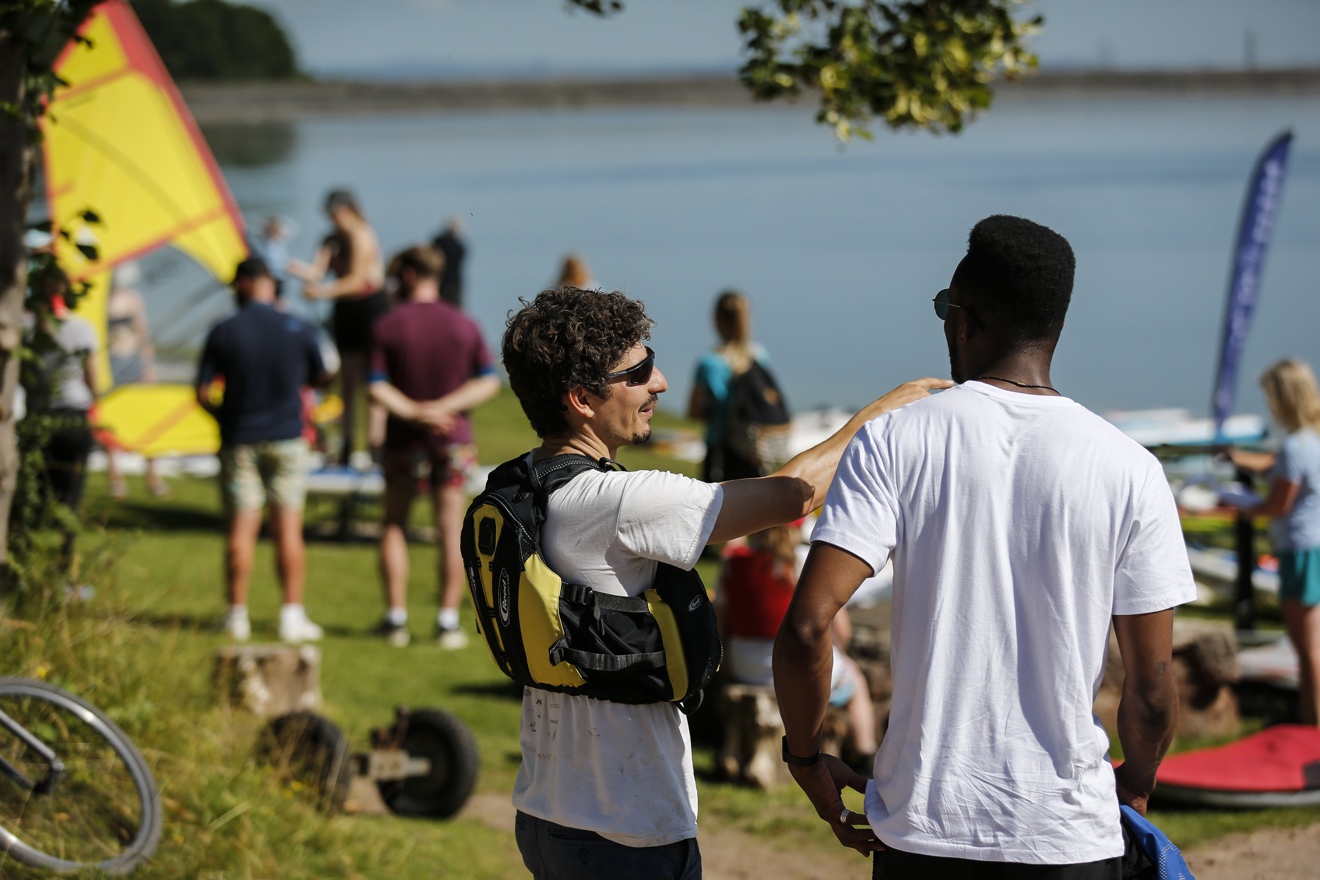NETWORK
Reaching local markets
Top tips to reach local markets and build your customer base
Without doubt, the pandemic has left many consumers wanting to support their local community, travel less, stay more local and purchase locally. This trend is an opportunity that may continue for some time.
Enhancing your digital presence is an effective way to reach local people, along with a few tactics to retain those customers.
Now, when people want information, the majority reach for a mobile device and expect to find what they want at a quick swipe.
Your business needs to ‘show up’ to get found quickly. A website is important, even for small businesses, but only if the search engines can find it.
1. Google My Business
Google My Business is a completely free listing. Whether you have a website or not, this is essential to become listed on Google Maps for when people are looking for local services.
GMB lists basic contact information, opening times, logos and images, to adding product and service information and posting events.
If you do not have a GMB listing, start one now.
2. Optimise for local search
SEO (search engine optimisation) is a big topic, and some of it is quite technical. However, there are some easy basics to get familiar with and ensure they are done.
Using keywords and phrases on the different pages of your site helps ‘tell’ the search engines what each page is about. Good site design includes having separate pages for your key services or activities, which have different product keywords and uses location keywords on appropriate pages.
Websites have set places where this information needs to appear, so that when the search engines web crawlers (known as spiders) index the site, they can interpret what each page is about. Neglecting this significantly reduces the chances of your site popping up when people search for a course or activity that you offer, especially if they want something locally.
Example - Riding School Lessons optimised for local search:
A search for “riding lessons in West Sussex” will likely return this home page on the first page of Google’s search returns because the page been optimised for local search.
Location keywords appear in the page title, known as the H1 Heading, are repeated in the first paragraph and again in the body text and sub-headings. Avoid stuffing the page with keywords, as you only need a few words and phrases like this on a relevant page.
Use a free plug in service like Yoast to help with on page optimisation or download this free guide from HubSpot.
3. Optimise images
Site speed is important. Keep image file sizes small so they load quickly. Search engines cannot ‘read images’ – so any text written on the image does not register. Instead, optimise the picture file with local keywords that can be indexed.
The original file name is meaningless to the search engine, so change it to use relevant descriptive words. The ALT text is another opportunity to enter useful keywords, so your key images show up when a person is searching the web.
4. Local Listings & Back Links
Make sure your website, NAP (name, address, phone) and activities are listed on relevant local directories and topical listing sites. Research what is available in your area.
Local listings include:
- Google My Business
- Yell.com
- Free Index – includes a reviews option
- ThomsonLocal.com
Activity listing sites could include:
- goPaddling.info
- onthewater.com
- Local Tourist Board & What’s On Directories e.g. experiencewestsussex.com
- beyonk.com

5. Get Reviewed
Search engines will take the quality of customer reviews into consideration. Google reviews are on your GMB page. Other sites include TripAdvisor, TrustPilot and FeeFo.
- get listed on at least one review site
- be proactive about asking customers to make a review after their visit or activity
- send them a follow up email, WhatsApp or text message with the link
6. Relevant local content
Be clear about the audience you are trying to reach, so that you can develop relevant content for your website and social media channels.
Create profiles of your target customers to help create the right content. Alternatively, British Marine have produced some useful pen portraits on new customer ‘segments’, and the different groups of people who might try boating.
Whether it’s video, blogs or downloads, you can push this content out on your social media channels.
7. Reward local customers
Remember that traditional forms of promotion can be highly effective locally. Posters on local notice boards, post cards in neighbourhood shops or timely leaflet drops can help raise your profile.
Think about rewarding new local customers. It may be a package deal to come back for a repeat activity, a gift or a special offer in partnership with a complimentary partner, such as a local restaurant or pub.
Whatever you offer, be sure to have proper mechanisms to capture relevant, legitimate data on your new local customers so you can keep engaging with them.
Liz runs Rushall Marketing, a strategic consultancy and is the author of the Future’s Report for British Marine, which highlighted the changes in participation and generational trends for the marine leisure sector. As well as working with a variety of marine brands, she is an active member of the RYA Participation Committee and presented the keynote at the 2021 RYA Training Conference.
